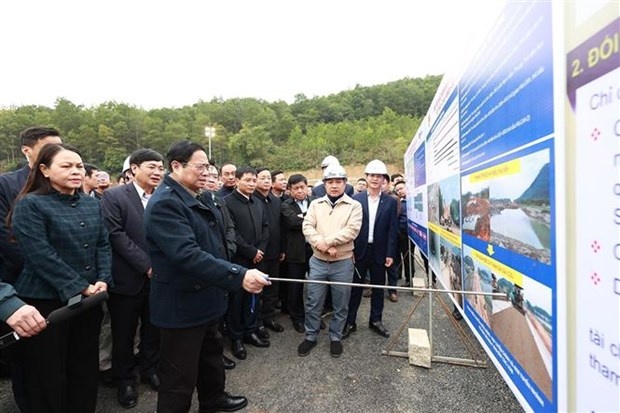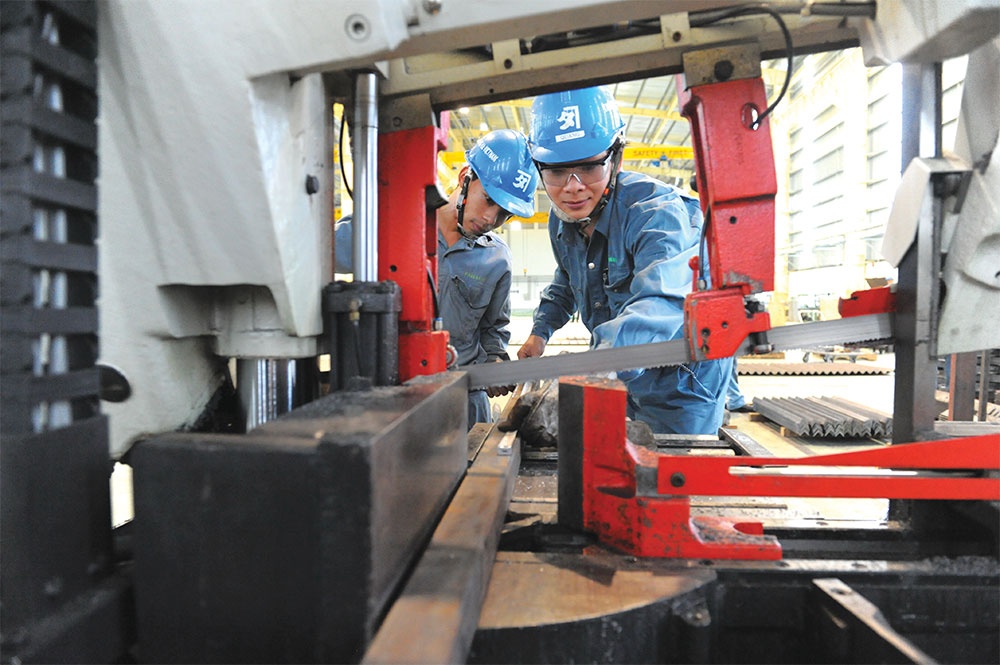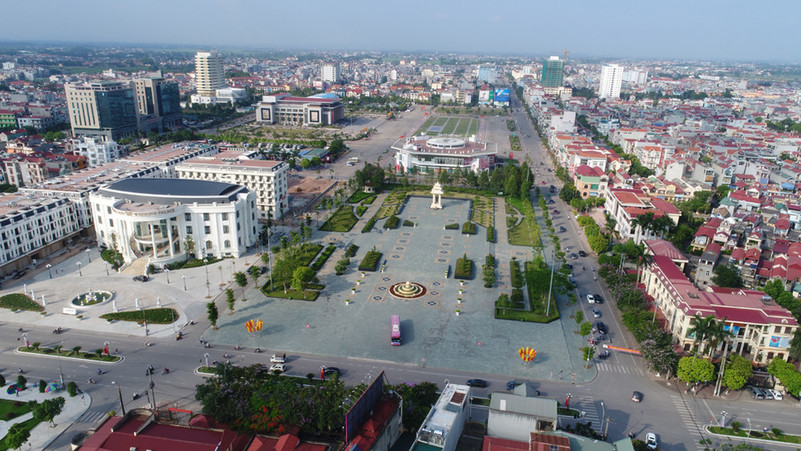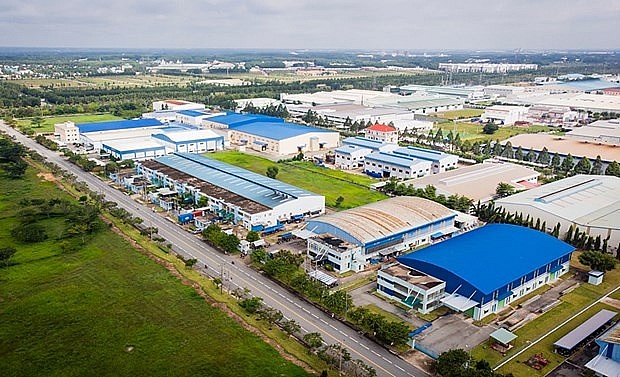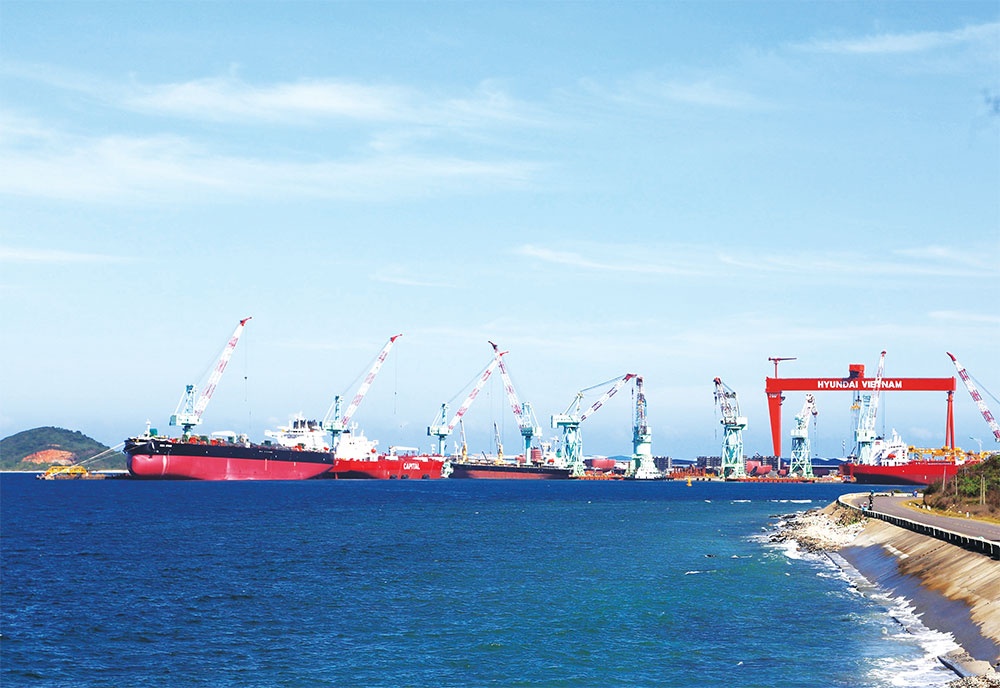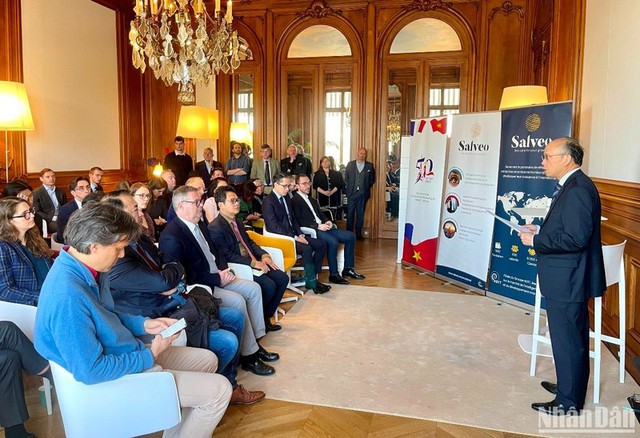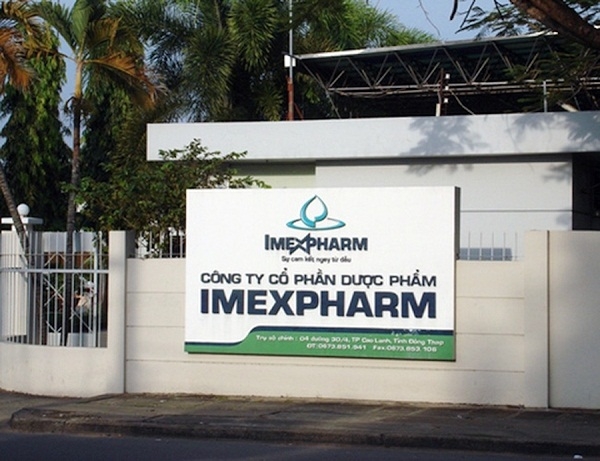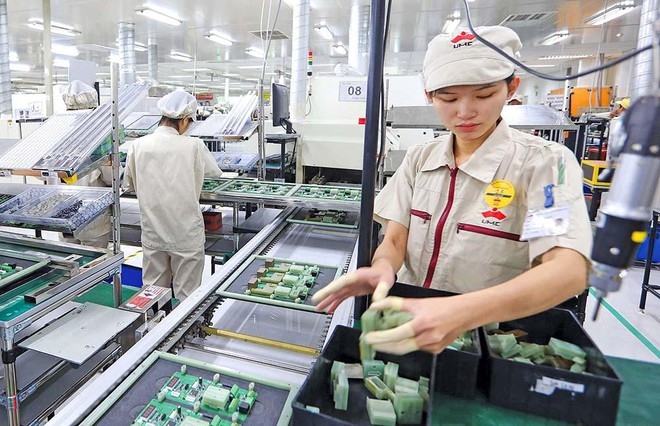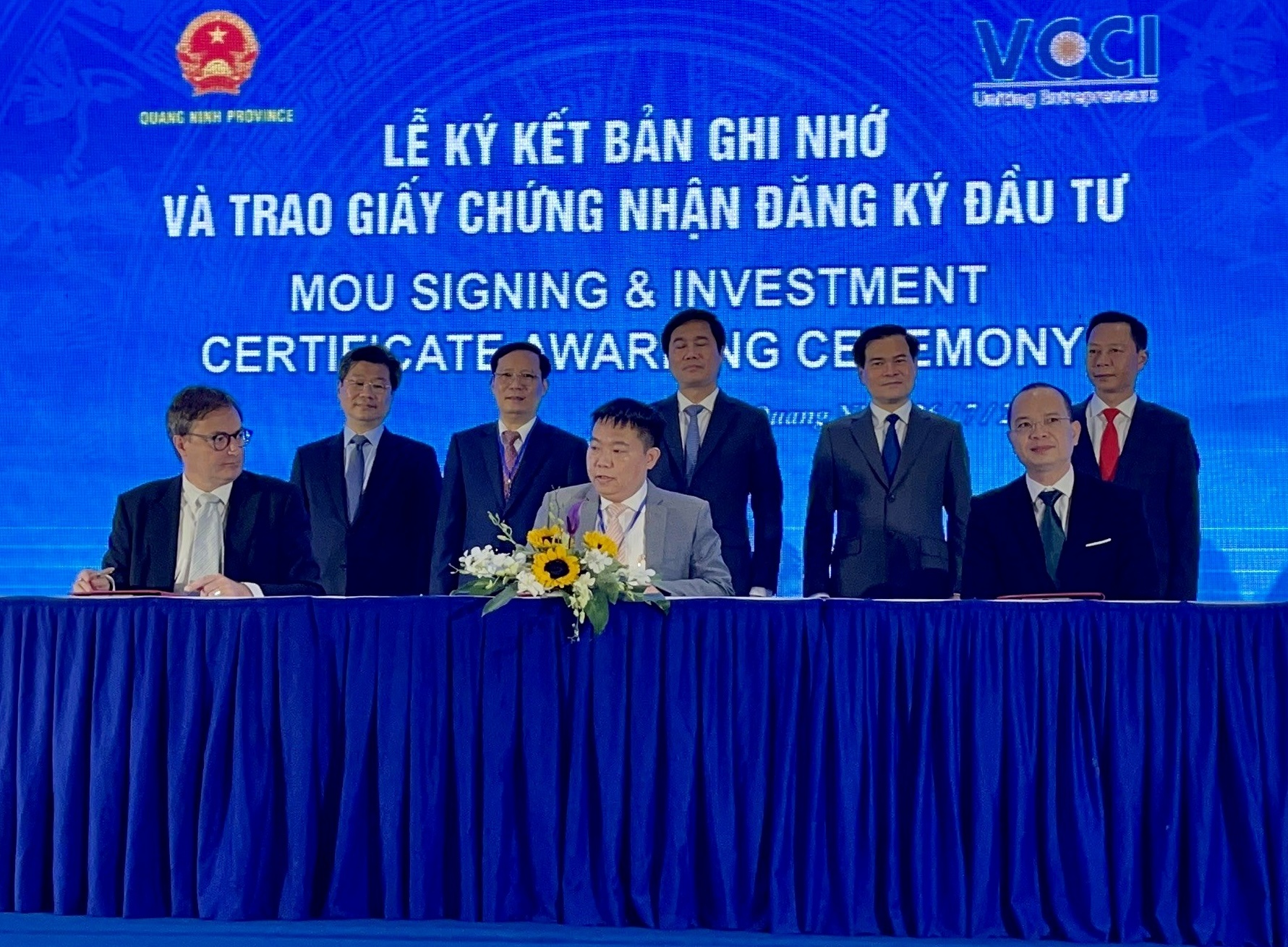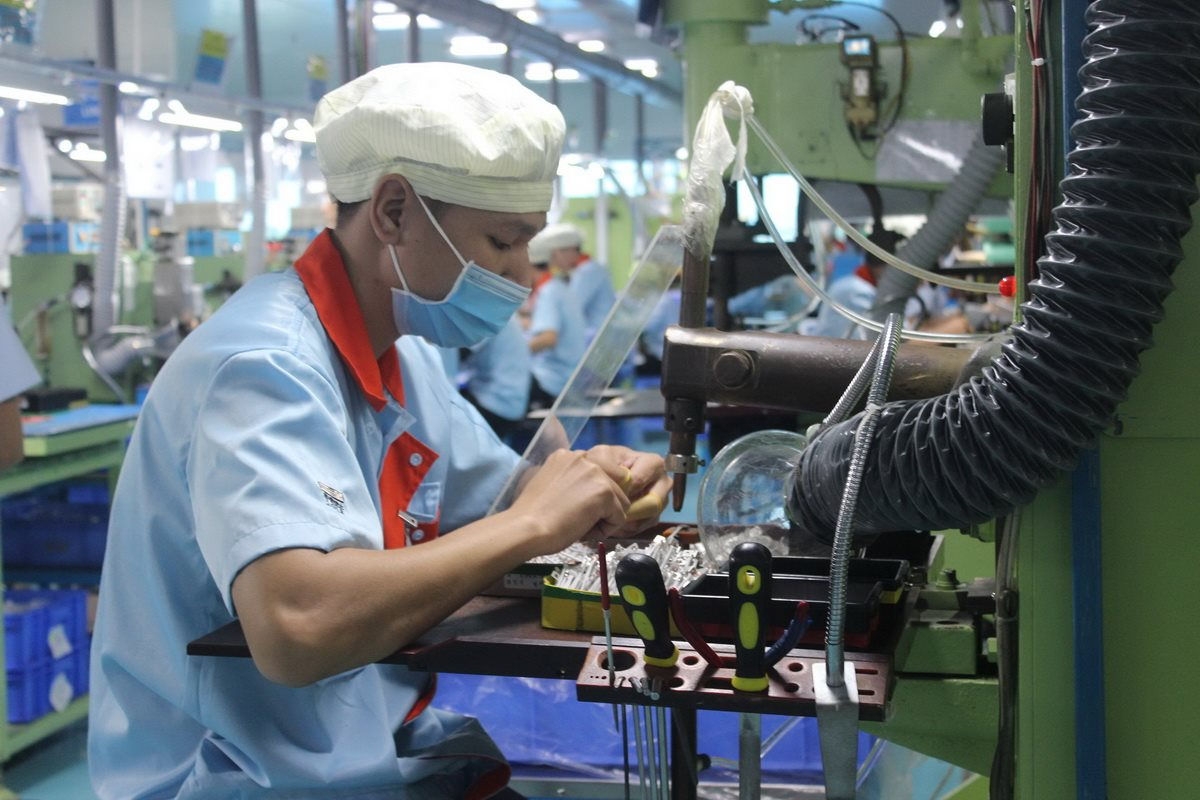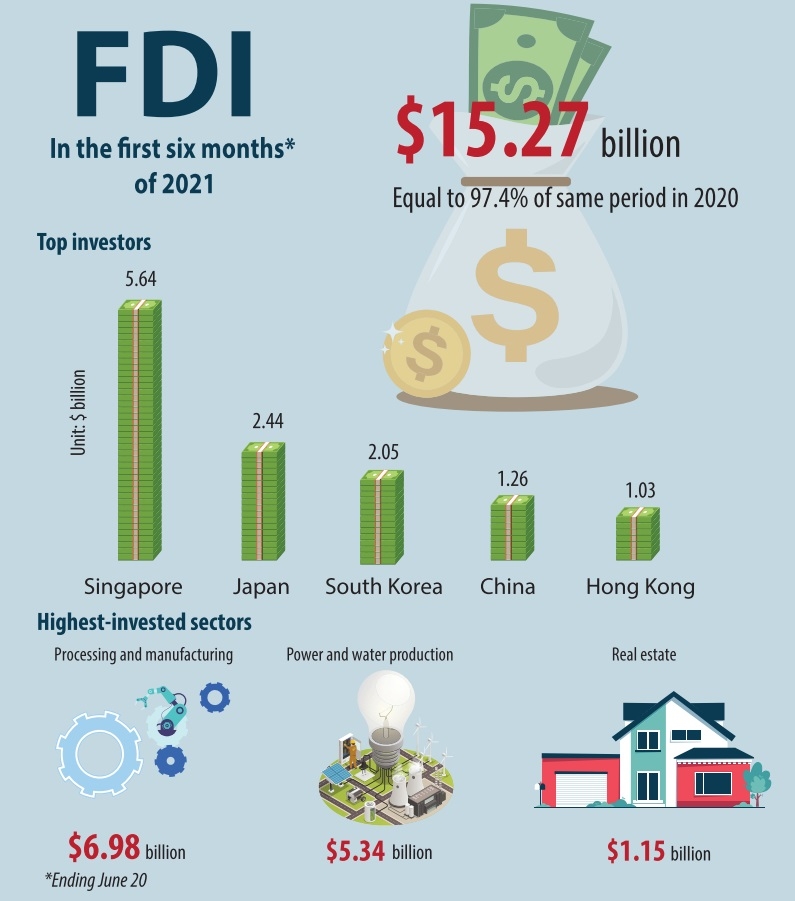Global minimum tax to see IP investors demand quality
As the global minimum tax becomes widely implemented, competition for foreign direct investment (FDI) will become more dependent on the quality and services given to investors.
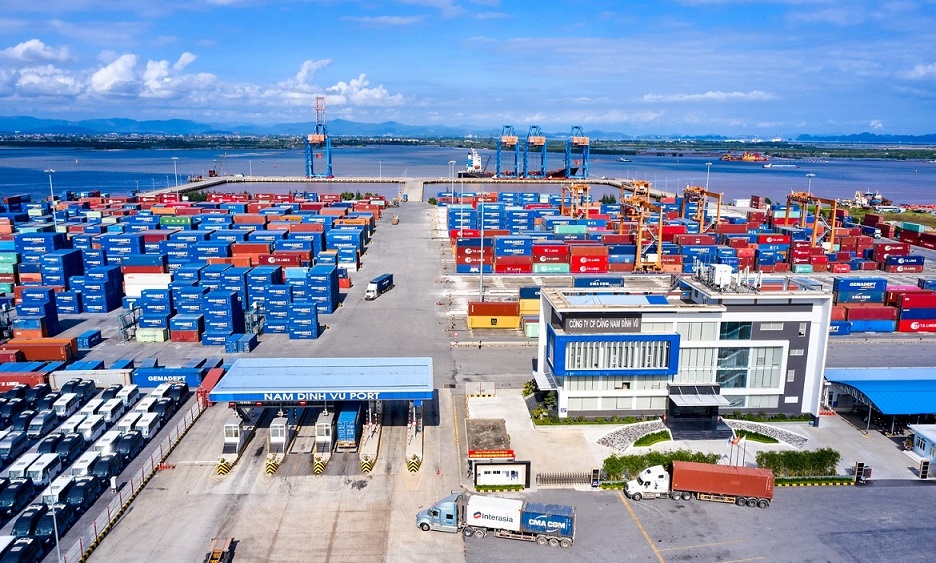
On the first publication of the Annual Report on Foreign Direct Investment in Vietnam, Prof. Nguyen Mai, chairman of the Vietnam's Association of Foreign-Invested Enterprises, said that institutions and policies related to FDI, including the global minimum tax (GMT) application, must be completed.
The GMT policy is a significant component of the Organisation for Economic Co-operation and Development's (OECD) tax-based anti-erosion programme and profit shifting.
The GMT is a relatively new notion in Vietnam, yet it is a critical problem both worldwide and domestically. This strategy was established by developed nations, and has been endorsed by 141 countries and territories, including Vietnam. Several nations will impose a worldwide minimum tax rate of 15 per cent on major enterprises with a revenue of 750 million euros or more beginning in 2024.
According to Phan Duc Hieu, Standing Member of the National Assembly's Economic Committee, the GMT is important in terms of global economic development and promoting a healthy and fair competitive environment among nations. The demand is for progressive tax reform, with the goal of restricting the many wealthy corporations want to avoid taxes by shifting earnings to tax havens or doing business through cross-border digital platforms.
But tax breaks are still being used to entice foreign investment in Vietnam and many other nations. When the GMT is applied, investors will have to pay the difference in tax to their home nation, rendering tax breaks ineffective. The adoption of the GMT will provide several hurdles to Vietnam's investment environment's competitiveness.
Prof. Mai said that a government working group should be formed to analyse, discuss, and come up with answers to this problem. The government formed a Special Working Group on the GMT in August last year.
He believes that the attraction of FDI in countries around the world is not limited to tax incentives, but also to many other policies related to political institutions, government support, management mechanisms, open trade agreements, infrastructure, and labour.
As a result, among probable nations that may implement the GMT policy, Vietnam retains significant advantages in attracting FDI. As a result, the current difficulty is determining how to create a solution that allows Vietnam to maximise benefits while minimising negative consequences when participating in the GMT.
Infrastructure investors strive to improve competitiveness
As an investor and businessman in industrial park infrastructure, Nguyen Thanh Phuong, general director of Sao Do Group - the developer of Nam Dinh Vu Industrial Park (IP) said, "Definitely, while implementing the worldwide minimum tax, competitiveness, and attractiveness could be damaged. Nonetheless, the government is actively preparing countermeasures. From the standpoint of industrial park infrastructure enterprises – the direct subject of this new challenge – it is also required to take the initiative."
Phuong believes that the most essential thing is to invest in and increase the quality of IP infrastructure in a synchronised, contemporary direction, while also providing the most utility for investors.
"The more benefits of the IP, the more enticing it will be to invest sustainably. Tax breaks are simply one of the considerations they consider when making investment decisions. Investors always emphasise selecting a safe and stable location to guarantee that their investments run well, saving cash and improving earnings," Phuong said.
Sao Do Group's Nam Dinh Vu Industrial Park is located in the Dinh Vu - Cat Hai oastal economic zone. This IP has a tremendous geographical advantage since it is adjacent to the sea and near key transportation infrastructure projects such as Lach Huyen International Port, Cat Bi International Airport, and Hanoi - Haiphong Highway. This helps secondary investors reduce their logistical expenses.
The IP has developed a full, synchronized, and convenient business investment environment with an area of 1,329 hectares separated into four functional subdivisions that complement each other (industry and warehousing). Nam Dinh Vu Port, in particular, is one of the IP's unique features.
It has attracted a number of logistics clients, including Germadept, Pantos Hai An, SLP, and Haiphong Port Services, and others, which contributes a logistics ecosystem to the industrial park. In the near term, Sao Do Group will invest in the construction of a liquid cargo dock, as well as the provision of petroleum, gas, and natural gas services for industrial clients.
In mid-May 2022, investor JD Future Explore V Limited (Hong Kong) also held the groundbreaking ceremony of JD Property Logitics Park Haiphong 1 project at Nam Dinh Vu IP. With the total investment of $32 million, this investor will build a warehouse for rent from 5,000 to 55,000 square metres.
GNP Nam Dinh Vu Industrial Centre is a new project with a total capital of $38.5 million that will be operational by July this year to provide services to investors.

